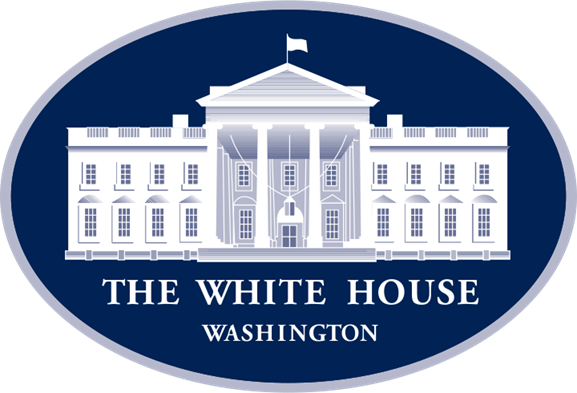If you live in the United States and have signed a contract with a major phone carrier, chances are that your device is permanently locked into your network, stopping you from switching networks long after your contract has expired. A new petition calling for legalizing phone unlocking has been officially endorsed by the White House, following a decision by the Library of Congress late last year to make the practice illegal.
The petition, posted on the official White House website, urged the Library of Congress to reverse its decision, suggesting the Obama administration to champion a bill to make unlocking legal once again, or at least recommend the Library of Congress to legalize unlocking once again. Within weeks, the White House officially replied to the petition, endorsing it and suggesting that restrictions should be lifted not only on phones, but also tablets and other devices with a similar behavior to smartphones:
“The White House agrees with the 114,000+ of you who believe that consumers should be able to unlock their cell phones without risking criminal or other penalties. In fact, we believe the same principle should also apply to tablets, which are increasingly similar to smart phones.”
Most laws related to copyright and anti-counterfeiting are encapsulated in the Digital Millennium Copyright Act, typically known as the DMCA. For a while, there was an exemption in place for the act which legally protected smartphone users from unlocking their devices once their contractual obligations with carriers have ceased. In a controversial decision last year, this exemption was removed under the basis that an increasing number of carriers were already offering unlocked phones.
Where will the Obama administration take the issue from here? The official statement included relatively few details, however R. David Edelman, Senior Advisor for Internet, Innovation and Privacy to the White House, promises action through “legislative fixes”, which would likely require bills to be pushed through an increased polarized Congress. However, the consensus among most smartphone owners greatly points to relaxing laws regarding unlocking, allowing users to switch carriers as they please once their initial contract with the service provider has expired.
No concrete legislative steps have been announced today, however it is becoming obvious to an increasing number of lawmakers that the current law needs tweaks.
(Source: TheWhiteHouse)
You can follow us on Twitter, add us to your circle on Google+ or like our Facebook page to keep yourself updated on all the latest from Microsoft, Google, Apple and the web.

